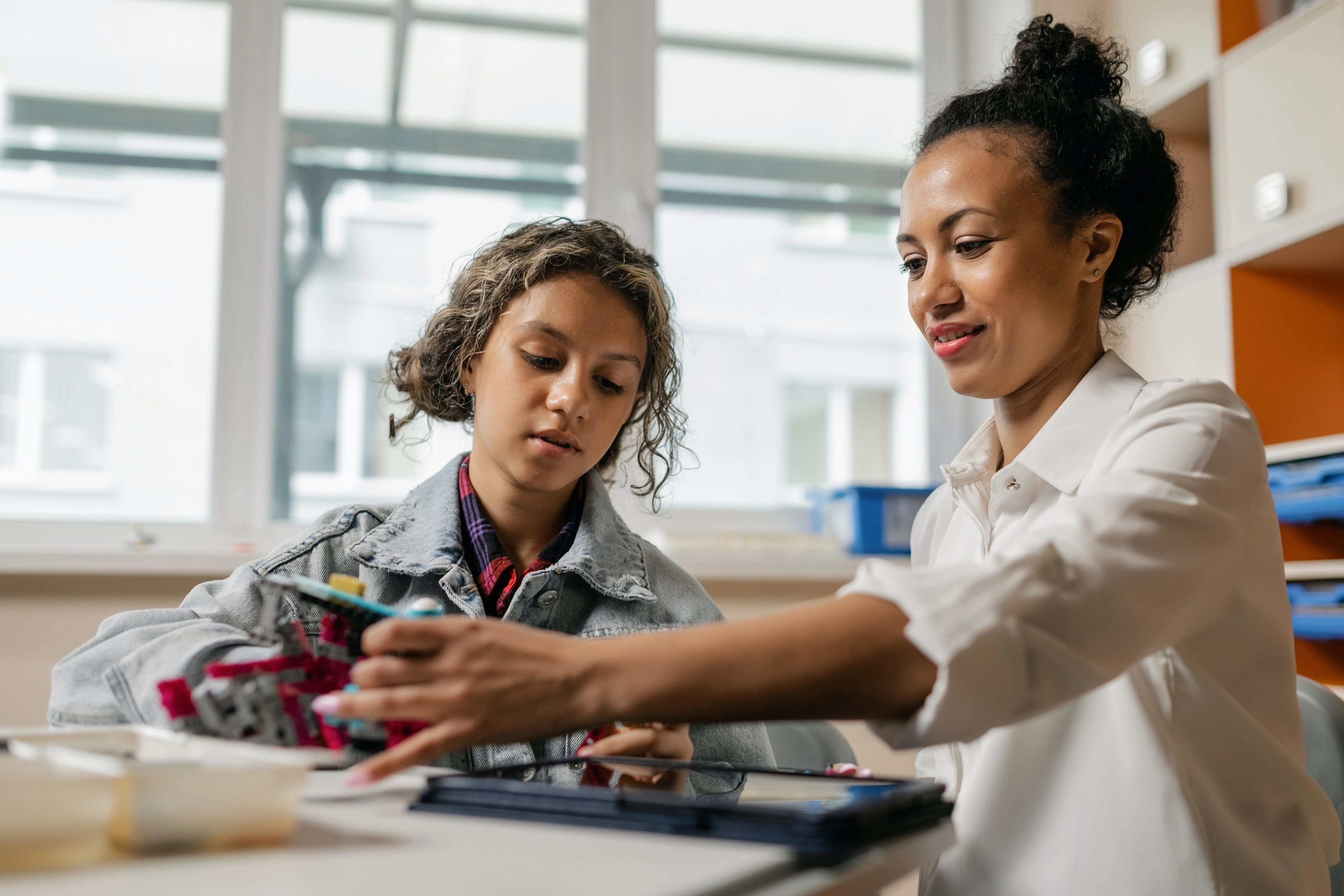Learning is a fantastic and necessary process in the life of any human being. Studying gives us the necessary tools to evolve, grow, and face new challenges. However, in some cases, we might encounter certain difficulties when it comes to learning that can affect grades and our ability to perform well in other academic activities. Learning should not represent a huge effort for a student as this causes a lot of frustration and demotivation. Therefore, we must know how to recognize what are the main learning disabilities are and what to do to overcome these obstacles, to improve grades and succeed in the academic world.
What is a learning disability?
Learning disabilities are disorders that inhibit the ability to process or retain information.
Usually, learning disabilities have a genetic, neurobiological, or cognitive origin associated with learning and memory in general. These problems in associating and processing information can interfere with basic skills such as reading, writing, or performing exercises, or with more complex activities such as memorizing, planning, and communicating with others. It is important to note that having learning difficulties not only affects student performance but also how a person perceives the world and their interpersonal relationships throughout life.
Learning difficulties should not be confused with difficulties in learning because these are conditioned by visual, auditory, or motor difficulties that make learning difficult in an indirect way. Nor should they be confused with intellectual difficulties, since people with low ability to learn usually have normal or above-average intelligence. Common learning disabilities are
1. Dyslexia
Disability that affects reading and writing but is specifically related to reading. It's the most common learning disability and students with it struggle when reading and comprehending texts, mixing words, making common mistakes when writing, and having lots of trouble understanding written assignments.
2. Dysgraphia
Difficulty affecting the ability to use a pencil to write. Students who suffer from dysgraphia become frustrated when trying to write because they cannot organize their thoughts in a coherent manner, resulting in redundant, fuzzy writing with multiple omissions and grammatical errors that make it difficult for the reader to understand.
3. Dyscalculia
Difficulty presented by the student when performing exercises involving mathematical operations and calculations, since he cannot manage to order numbers correctly in a logical way and recognize digits as elements belonging to a categorical order. Therefore, a person with dyscalculia has problems reading the time, making comparisons between measurements, and performing any operation that involves numbers in it.
4. Dyspraxia
This disorder involves coordination problems, operational problems, and other motor problems that can affect verbal and non-verbal language. Those with dyspraxia may become frustrated by their difficulty in performing simple tasks in which they are clumsy or poorly performing. Therefore, although it is not directly related to oral or written comprehension, it represents an obstacle for the correct learning and development of the student in his or her daily life.
5. ADHD
Despite not being a learning disorder per se, attention disorder has a special mention because it is very common and makes it very difficult to learn in and out of the academic environment. Because of this disorder, the student is easily distracted and has many problems following simple instructions. Experts link attention deficit disorder to an organic problem in the brain and a genetic component that can be treated with medication and behavioral therapy.
The Toll of Learning Disabilities
Family problems, low grades, and difficulties in school when it comes to learning are some of the main reasons why many students decide to leave school and not seek a degree in their country or abroad. It is not easy for someone to deal with the fact of having trouble understanding things that others consider simple. Therefore, people who have learning difficulties usually isolate themselves and become secretive as this affects their view of the world and their ability to relate to others.
Having a learning disability can become an emotional burden that makes life difficult for the person who has it if the right measures are not taken to overcome the situation.
Tutors and Learning Disabilities
Unfortunately, learning disabilities are often lifelong conditions. Therefore, it is necessary to have the necessary tools to stop these obstacles from damaging our opportunities and prevent us from having the life we want.
In the traditional school system, however, it is not common to consider these elements since this system works with a large number of students and does not take into consideration their individual needs. Now, a private tutor may represent a good alternative for a student with learning difficulties because it will give your student the opportunity to learn at his own pace, working precisely on what is difficult and will work on his confidence. This will allow him or her to regain control, improve his grades, and opt for more opportunities than he could have with only the traditional educational system.
Conclusion
Learning difficulties can be a big problem in the life of any student and his or her parents since either because of ignorance or just the pace at which things happen in the traditional school system these students tend to fall behind, experience a lot of frustration, and even fail in their academic journey.
For that reason, it is necessary to learn about these obstacles to provide the best solutions for students in the school environment and offer the services of a tutor who has the knowledge, tools, and willingness to help them succeed in school and life in general.












